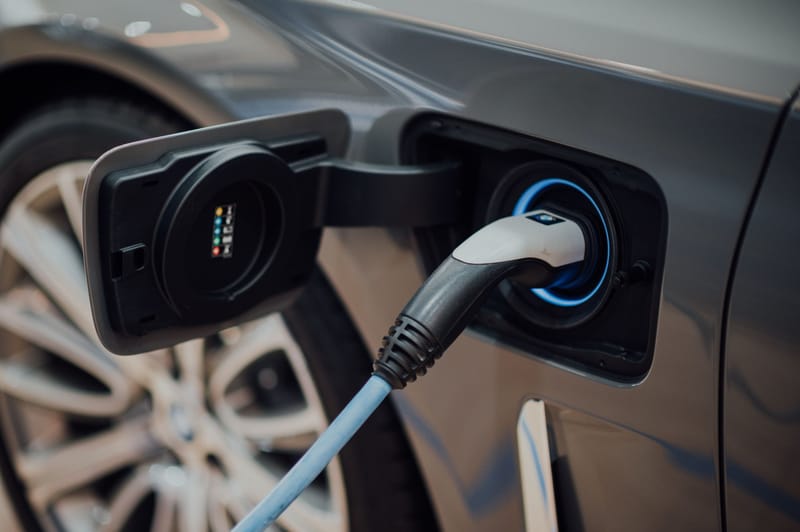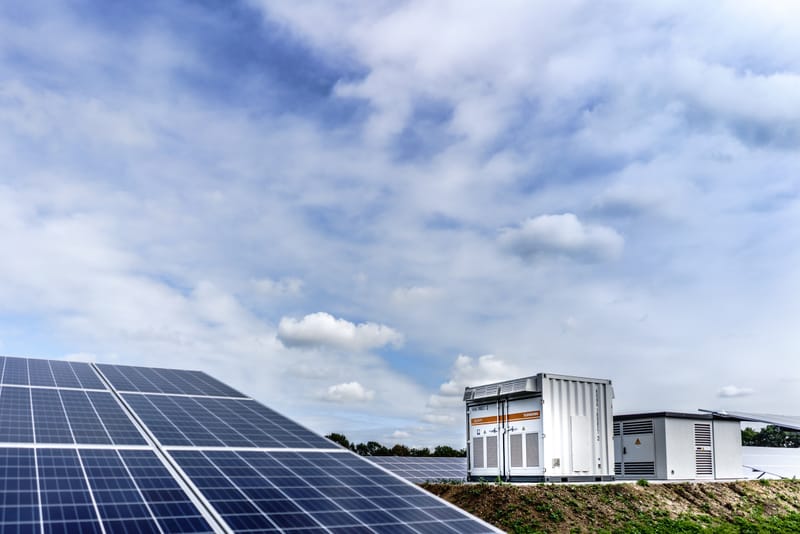Features

Electric mobility
LFP batteries are used in electric vehicles due to their high-power density and long cycle life. They can power electric cars, buses, and trucks, and can also be used in hybrid vehicles. The automotive sector dominated the global LFP battery market. LFP batteries are expected to account for 40% of the global battery market by 2030, according to UBS analysts. As a result of improved driving range performance from LFP batteries and increased interest among battery producers in seeking alternatives to high-nickel batteries.

Energy storage systems
Energy storage systems can reduce the need for fossil fuel-powered peaker plants and other expensive and polluting energy sources by storing excess energy during times of low demand. Power grids can benefit from energy storage systems by providing a buffer against fluctuations in energy supply and demand. Various energy storage systems employ LFP batteries, such as solar panels and wind turbines. For stationary energy storage applications, high capacity and long cycle life are more important factors.

Other applications
Other potential areas where LFP batteries could be implemented are telecommunication networks and niche consumer electronics applications where safety and longer cycle life are critical.